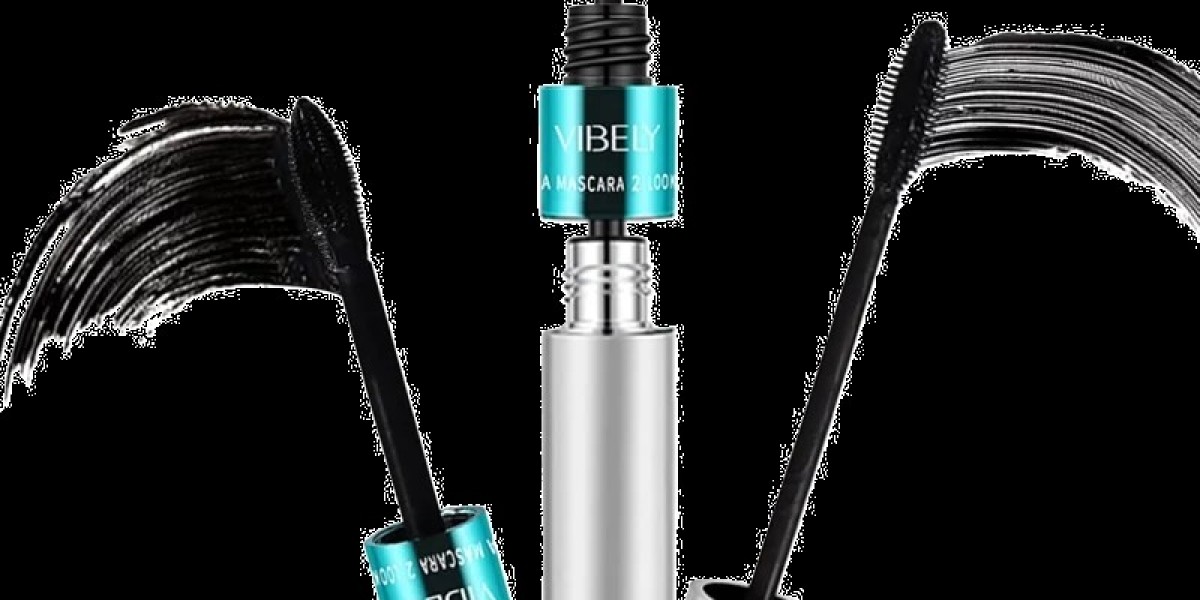By Alexis Akwagyiram and Didi Akinyelure
LAGOS, June 25 (Reuters) - Online sports betting wagering is booming in soccer-mad Nigeria mainly thanks to payment systems developed by homegrown technology firms that are beginning to make online businesses more practical.
For many years, mobile payments stopped working to remove in Nigeria as they have in nations such as Kenya, where Safaricom's M-Pesa cash transfers have actually fostered a culture of cashless payments.
Fear of electronic fraud and slow web speeds have held Nigerian online customers back however sports betting firms says the new, quick digital payment systems underpinning their websites are changing attitudes towards online deals.

"We have actually seen considerable development in the number of payment services that are readily available. All that is definitely altering the gaming area," stated Seun Anibaba, CEO of Lagos State Lotteries Board, gaming regulator in Nigeria's industrial capital.

"The operators will opt for whoever is quicker, whoever can link to their platform with less concerns and problems," he said, including that taxes from sports betting wagering in Lagos State rose 30 percent to 40 percent in 2017 from 2016.
That development has been matched by a rise in web payments, according to information from the Nigeria Inter-Bank Settlement System (NIBSS), which is owned by the central bank and certified banks.
In 2016, there were 14 million web payments worth a total 132 billion naira ($420 million). Transactions jumped to 29 million worth 185 billion in 2017 and in the first quarter of 2018 there were nearly 10 million worth 61 billion.
With a young population of almost 190 million, increasing mobile phone use and falling data expenses, Nigeria has long been seen as a great opportunity for online businesses - once customers feel comfortable with electronic payments.
Online gaming firms state that is happening, though reaching the tens of millions of Nigerians without access to banking services remains a difficulty for pure online retailers.
British online wagering firm Betway opened its very first African business in Kenya in 2015, followed by Uganda, Ghana and South Africa. It introduced in Nigeria in January.

"There is a progressive shift to online now, that is where the industry is going," Betway's Nigeria supervisor Lere Awokoya stated.

"The development in the variety of fintechs, and the federal government as an enabler, has assisted the business to thrive. These technological shifts motivated Betway to start running in Nigeria," he stated.
FINTECH COMPETITION

sports betting companies cashing in on the soccer craze whipped up by Nigeria's participation on the planet Cup say they are discovering the payment systems produced by regional start-ups such as Paystack are showing popular online.
Paystack and another regional start-up Flutterwave, both founded in 2016, are providing competition for Nigeria's Interswitch which was set up in 2002 and was the primary platform utilized by services running in Nigeria.
"We included Paystack as one of our payment options with no fanfare, without revealing to our customers, and within a month it shot up to the top most used payment option on the site," said Akin Alabi, creator of NairabBET.
He said NairaBET, the nation's 2nd most significant wagering company, now had 2 million regular consumers on its site, up from 500,000 in 2013, and Paystack stayed the most popular payment option because it was included late 2017.
Paystack was established by 2 Nigerian computer technology graduates, Shola Akinlade and Ezra Olubi, who received early stage funding in Silicon Valley's Y-Combinator programme.
In December 2016, it raised $1.3 million from financiers including China's Tencent and Comcast Ventures in the United States.
Paystack, based in the frenetic Ikeja district of Lagos, stated the variety of monthly deals it processed increased from about 8,000 in early 2016 to more than 900,000 as of June 2018.
"In early 2016 we were processing about $3,000 a month. Today we process well over $11 million every month," stated Emmanuel Quartey, Paystack's head of growth.
He said an ecosystem of developers had actually emerged around Paystack, producing software application to incorporate the platform into websites. "We have seen a growth because community and they have actually brought us along," stated Quartey.
Paystack stated it makes it possible for payments for a number of wagering firms but also a large variety of businesses, from utility services to carry companies to insurance company Axa Mansard.
Flutterwave, co-founded by Nigerian business owner Iyinoluwa Aboyeji, is likewise backed by the Y-Combinator programme in addition to investor Greycroft Partners and Green Visor Capital and the Omidyar Network. It raised $10 million in 2015.
FOREIGN INVESTMENT
Shifts in Nigeria's payment culture have corresponded with the arrival of foreign investors wanting to use sports betting.

Industry specialists say the sector creates about $1 billion a year and is likely to grow faster than in South Africa and Kenya where the business is more developed.
Russia's 1XBet and Slovakia's DOXXbet have both set up in Nigeria in the last two years while Italy's Goldbet led the trend, taking a half stake in market leader Bet9ja when the Nigerian company introduced in 2015.
NairaBET's Alabi said its sales were split in between stores and online however the ease of electronic payments, expense of running shops and capability for consumers to prevent the stigma of sports betting in public implied online transactions would grow.

But regardless of advances in digital payments, Kunle Soname - chairman and co-founder of Bet9ja - said it was important to have a store network, not least since many consumers still stay reluctant to spend online.
He stated the company, with about 60 percent of Nigeria's sports betting market, had a substantial network. Nigerian sports betting stores often serve as social hubs where customers can watch soccer free of charge while putting bets.
At a BetKing hall deep inside the busy Oshodi market in Lagos, dozens of soccer fans gathered to watch Nigeria's last heat up video game before the World Cup.
Richard Onuka, a factory worker who earns 25,000 naira a month, was fixated on a TV screen inside. He said he began gambling 3 months earlier and bets approximately 1,000 naira a day.
"Since I have been playing I have actually not won anything however I think that one day I will win," stated Onuka. ($1 = 314.5000 naira) (Reporting by Alexis Akwagyiram and Didi Akinyelure in Lagos; modifying by David Clarke)





